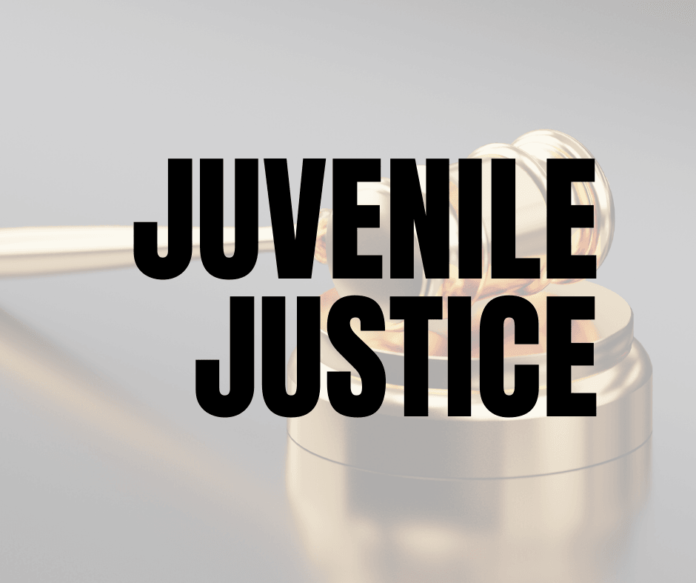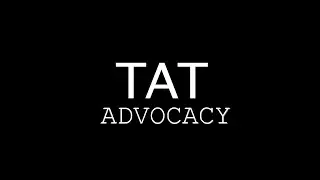
The Reforming Juvenile Justice Act of 2018 is one of the Governor’s bills being sponsored by Republicans Representative David Hawk
and Senator Mark Norris (HB2271/SB2261). It’s a large bill that touches many aspects of juvenile justice including detention, commitment to the Department of Children’s Services, informal resolution of charges before a hearing, and fines and restitution. The overall intent based on the bill summary is less detention, fewer commitments, and more options to resolve charges of delinquent and unruly behavior. The reform bill also seems to put more responsibilities on juvenile probation and school systems meant to justify charges of delinquent or unruly behavior. I will be in a meeting next week that will discuss more details, but this bill will be in relevant committees this week. Here are some of the highlights:
-
Removes detention as a disposition for delinquent and unruly charges. It sets a standard of significant likelihood of significant injury or death to others as the standard for secure detention when a felony or violation of aftercare has occurred, in order for secure detention to be authorized.
-
Removes commitment to the Department as a disposition for delinquent and unruly charges, unless the offense is one that would be considered a felony if committed by an adult.
-
Limits out-of-home adjudication to 6 months, unless a new violation has occurred and/or proof can be given to substantiate a longer out-of-home stay in an evidence-based treatment program.
-
Allow informal adjustment without adjudication, including possibility of a restitution agreement, without entering a plea and without precluding the possibility of a hearing.
-
Requires juvenile probation officers and/or juvenile court services offices to conduct preliminary inquiry and preliminary hearings on case of delinquent or unruly behavior.
-
Requires school systems/administrators to show efforts to intervene in delinquent or unruly behavior prior to filing a juvenile petition.
-
Allows courts to assess restitution to victims, but not to assess fines in case of delinquent or unruly behavior.
This is brief, but I will be bringing more details on this bill as I learn more from the material available and people who are in-the-know on the impact these reforms will make. Read the summary for yourself and comment with your thoughts.
Stay aware by checking in with Tennessee Advocacy Talk for information on public policy matters that impact child welfare and juvenile justice in Tennessee.






















